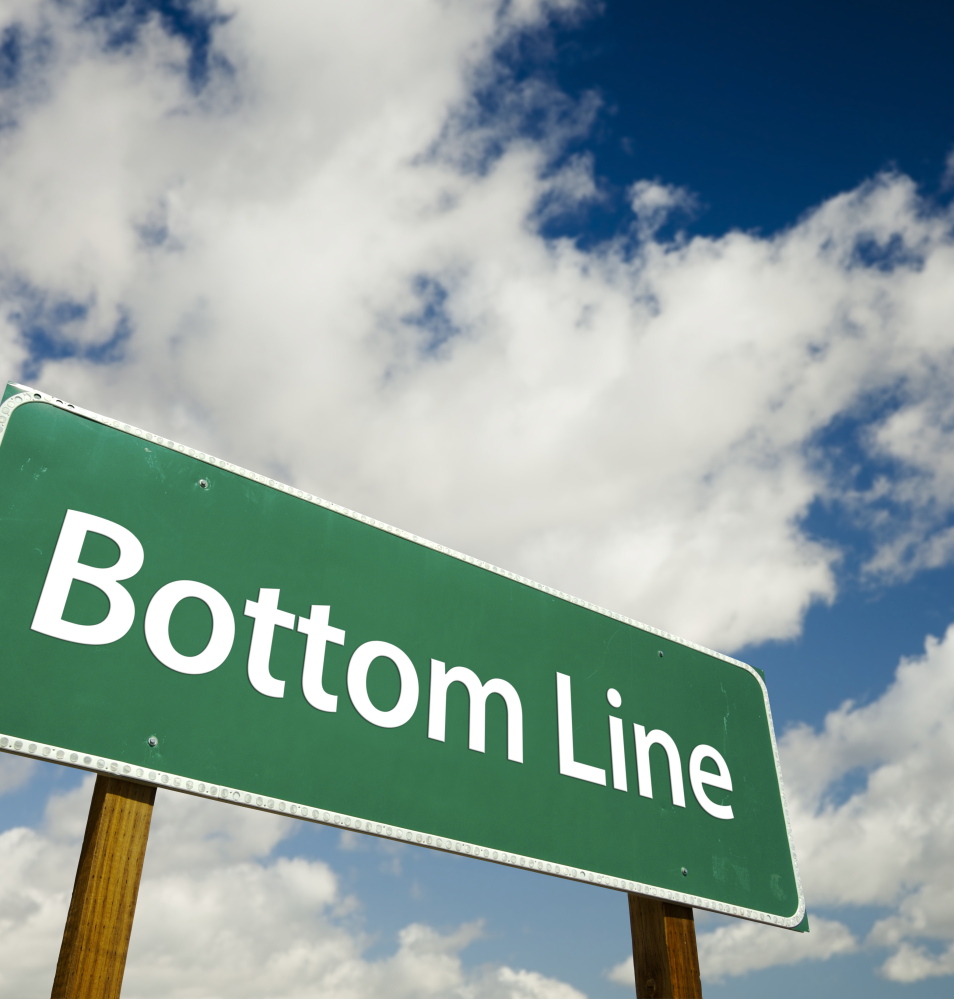SKOWHEGAN — Approximately a third of all Americans believe that some catastrophe is imminent. Some hold that final judgment is near, others that a planet-smashing asteroid is inbound and still others that a pandemic is about to erupt. This should come as no surprise, since the numbers of people who have such apocalyptic beliefs has always been indirectly related to the health of the economy.
The number of end-time believers has slowly diminished as the economy improves, but one variety – the devotees to the idea of an imminent economic collapse – have received a new breath of life with the arrival of an election year. Fear of losing wealth is a great motivator, and every politician knows how to exploit that fear, but none better than those who can lay claim to some business experience.
Most Americans do not know how the economy works. When humans don’t understand some principle or policy, they try to compare it to something they do comprehend. Thus, Maine’s economy is compared to a business and its budget.
NOT AS SIMPLE AS IT SOUNDS
The assumption is that successful businesspeople will instinctively know how to run an economy and that it is much the same as completing a balance sheet. Any candidate for political office with the slightest shred of business experience will use it as evidence of their ability to run the government.
Running a business and running a government do hold some similarities, but the same could be said of many occupations. Although there are a lot of businesspeople at all levels of elective office (second only to lawyers), it’s because they are more likely to have the time and money to run for office. There is no good reason to believe that businesspeople are any better policymakers than farmers, cooks or parents are.
Of course, this goes against popular belief, intuition and political ad campaigns, but as often happens when viewed in a different light, it makes perfect sense. The goal of business is to create a profit. Although advertising would rather say that a company exists ” to serve the customer,” the shareholders and owners know differently. It is quest for profit that drives every entrepreneur and defines their thinking.
In chasing after this elusive profit, businesses perform an invaluable service. They create a remarkable market system that provides the things we hold valuable. Housing, food, transportation, fine dining and septic tank cleaning are all provided by people in pursuit of profit.
At the end of the year, their success is easy to define: There is either a profit or a loss. Businesspeople do not have to think about those who cannot consume their product. They are not required to consider the health of the consumer population or how best to raise the purchasing power of those who cannot afford their products.
They are never asked to make policy for other companies in their market, nor are they required to assist them in any way. Businessmen do not even have to be familiar with any market but the one they operate in. If, for example, they are in the market of selling cheap products that Wal-Mart and other stores have discontinued, they have no reason to know anything about lobster fishing, potato farming or wood harvesting. For all these reasons and more, businesspeople have no more ability to run a government than anyone else.
The goal of Maine state government has never been to turn a profit at the end of the year. In fact, according to our state constitution, the goal of government is “to establish justice, insure tranquility, provide for our mutual defense, promote our common welfare, and secure to ourselves and our posterity the blessings of liberty.”
MAKINGS OF A GOOD LEADER
A favorite sound bite in conservative electioneering is the accusation that those amorphous voters known as “liberals” don’t understand that revenues must equal costs in order for government to continue – that only businesspeople know about this relationship.
Of course, everyone understands this principle, but it gets good traction among those who believe their benefits from the state’s budget are less than someone else’s. It’s easy to call an expenditure “government waste” and cut it from the budget when it doesn’t affect one’s own life or support one’s philosophical viewpoint.
We have had excellent leaders who were businessmen, but more who were not. Running a business has never prepared one for running a government, and it never will.
The elements of good leadership include the capacity to work hard, to seek compromise and to respect the viewpoints of other groups and elected representatives. It may well be that the information age has made these skills passé, but I would like to believe that we can create a government with a purpose higher than balancing the books every year.
— Special to the Telegram
Copy the Story LinkSend questions/comments to the editors.



Success. Please wait for the page to reload. If the page does not reload within 5 seconds, please refresh the page.
Enter your email and password to access comments.
Hi, to comment on stories you must . This profile is in addition to your subscription and website login.
Already have a commenting profile? .
Invalid username/password.
Please check your email to confirm and complete your registration.
Only subscribers are eligible to post comments. Please subscribe or login first for digital access. Here’s why.
Use the form below to reset your password. When you've submitted your account email, we will send an email with a reset code.